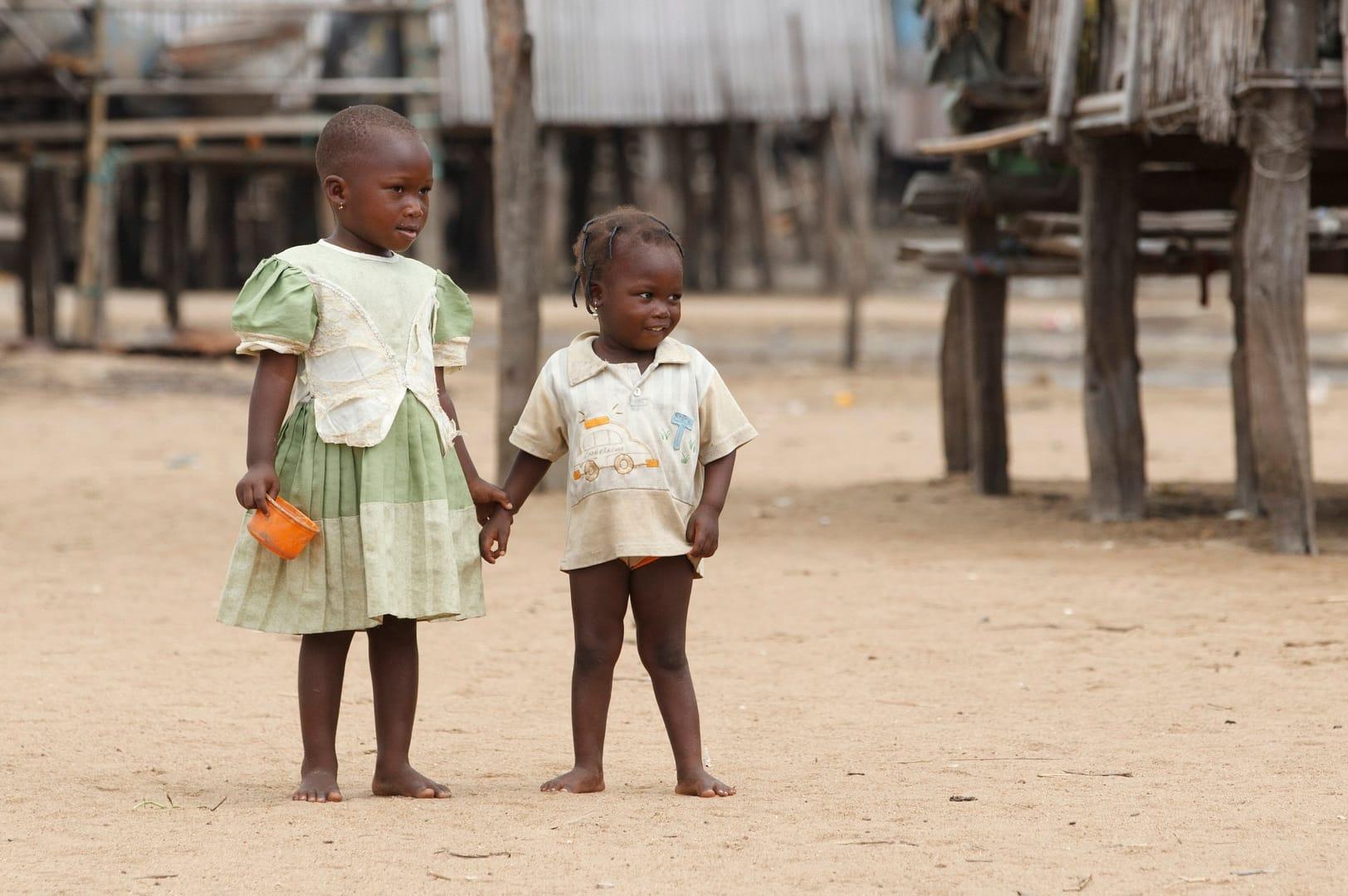YAOUNDÈ, Cameroon – Although Benin is considered one of Africa’s most stable democracies, it is still facing a huge problem with child poverty.
The West African country saw its poverty rate hit 46.4 percent in 2018, up from 40.1 percent in 2015. Over 50 percent of those under 18 live in poverty.
It’s a situation that affects mostly children in a country where nearly 50 per cent of the population is less than 18 years old.
Over 25 years ago, the Salesians set up the charity Foyer Don Bosco to help children living on the streets in Benin.
“Foyer Don Bosco serves boys and girls in very complex situations, including those who have been abandoned by their families, victims of abuse, and victims of forced marriages,” the charity said in a June statement.
“The area of Kandi [a town in the north of the country] often has an influx of children who are on their own. Children are sometimes sold on the black market and exploited in the workforce. A transit home was started with the support of UNICEF to host these children, while guiding them to other homes or trying to find their families,” the chrity explained.
UNICEF estimates that about 50 percent of all children between the ages of 5 and 13 are engaged in some kind of forced labor in the country and almost 20 percent are chronically undernourished.
Hannah Gregory, the spokesperson for the U.S.-based Salesian Missions, told Crux that Foyer Don Bosco is a residential home for children coming directly from the street in both Kandi and the capital, Cotonou.
“Children’s most basic needs are met, including shelter, proper nutrition, clothing, and access to adults who help them feel safe and protected from the exploitation and violence many faced while living on the streets,” she said.
Gregory said the mission was based on the principles of Don Bosco, the Italian priest who founded the Salesians in Turin in 1859 to help the street children of the city.
“Don Bosco Foyer first provides psychological assistance when a child enters the program. Staff members work to understand the family or child labor issues facing each child. Then, children receive health care, food support, hospitality, housing, school reintegration and vocational training,” she explained.
“Some young people study until their graduation while others receive skills and training,” she added.
She said Salesian missionaries in Benin have also built counseling kiosks in the markets and along national borders.
“These kiosks are monitored by teams of government officials, police officers, and social workers who check the age and working and living conditions of minors. If they determine that the youth are under age 14 or that they are being mistreated, the minor is taken into Salesian care,” Gregory told Crux.
“In collaboration with the Juvenile Courts of Benin, minors are assisted who are in conflict with law and in high-risk situations. The border police that intercept children being trafficked mainly from Niger and Burkina Faso, are given training by artisans who receive minors as trainees in their workshops. Also, schools in the region receive some of these children; this program is aided with support from the Municipality of Kandi,” she continued.
She said the arrival of the Salesians in the region marked the first time the people heard about the Christian faith.
“At the beginning, we worked mainly with one parish made up of people from 30 villages in which there are groups of Christians. It’s the first evangelization that occurred in the region,” she said.
Gregory said Salesian missions spend nearly $80,000 each year to keep the project going, without including campaigns or mass awareness activities; “which are obtained from sustained projects, sometimes financed by UNICEF or other NGOs.”












